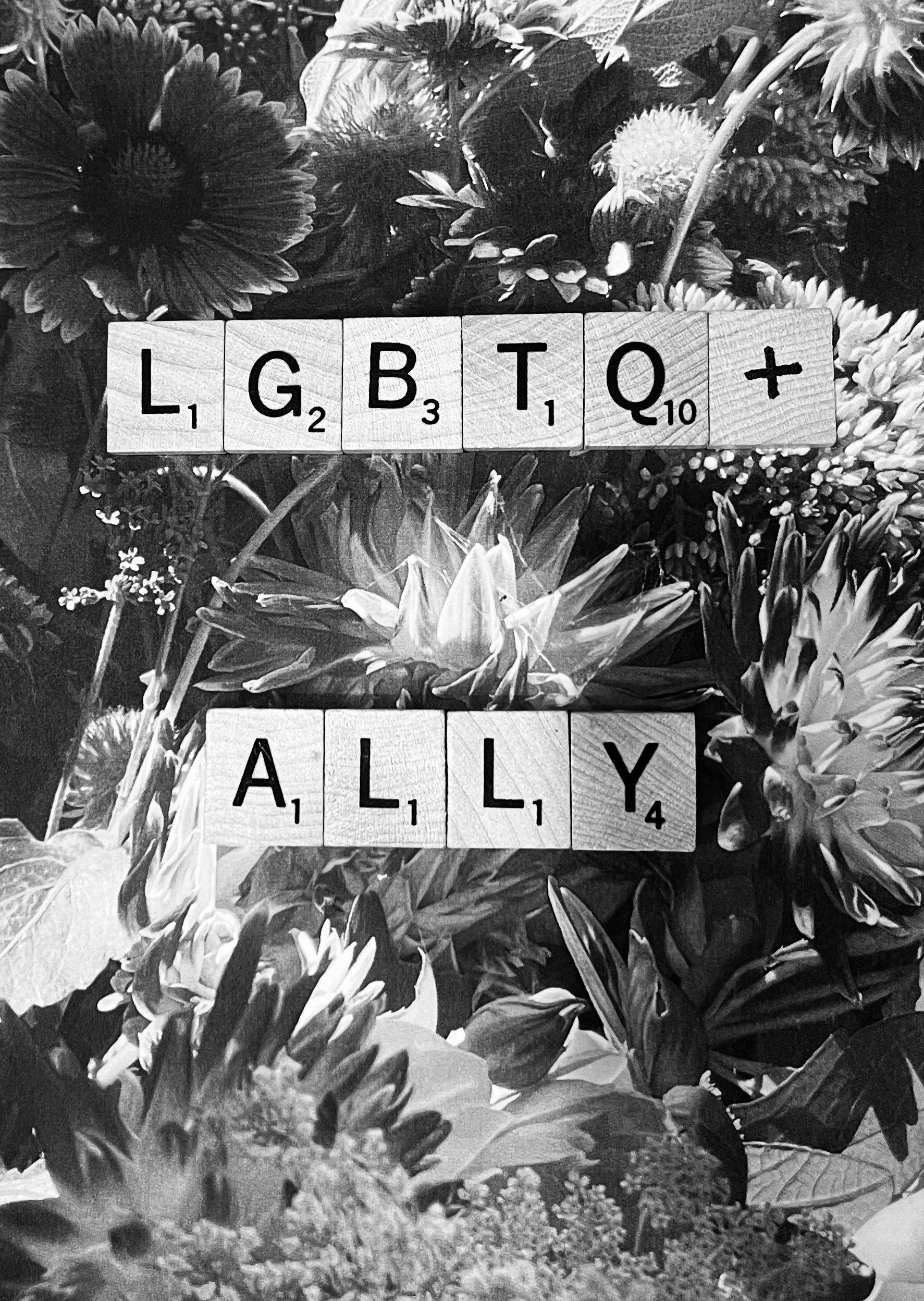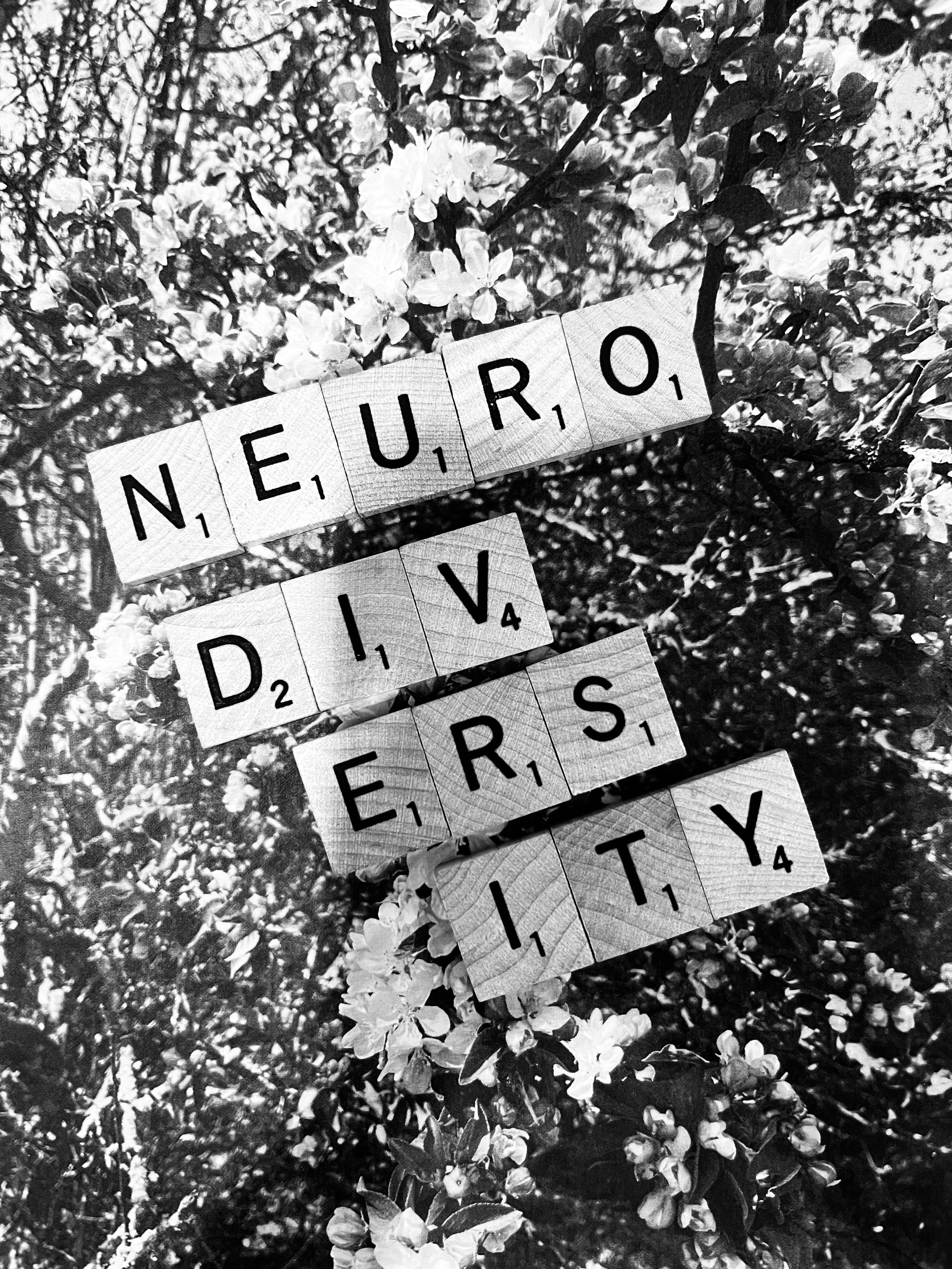When choosing a therapist it can be helpful to consider the populations they work with regularly.
To help you understand what to expect if you come to me for counselling, I’ve outlined the populations I often work with below and you can learn about the approaches I use on the Therapeutic Approaches page. I believe in being clear about where I can be most effective, so you can make an informed choice about what’s best for you
A safe, affirming space for people of all identities and orientations. You are accepted exactly as you are, and supported in exploring whatever you bring to counselling—whether that’s related to identity, relationships, mental health, or just needing to be heard.
I’ve worked with people across the LGBTQ+ community in Kelowna and elsewhere in BC, and over time, many of my clients have been trans and non-binary. I didn’t seek out this focus—it grew organically, and I feel fortunate that it did—for the trust that’s been placed in me, and for all I’ve learned along the way. These relationships have expanded my understanding and continue to shape how I show up in my work. I approach each person with care, openness, and a commitment to meeting them where they are.
I’m encouraged by the continued evolution of conversations around gender. Though continued advocacy and addressing of inequities is needed, the development of language is opening up space for deeper reflection on identity. Having studied and taught English Literature I’ve seen firsthand how language shapes the way we think, and I see this dialogue around gender as an opportunity to rethink and express identity in more expansive, nuanced ways.
My work with neurodiverse clients began in Kelowna in 2015, facilitating social groups for children and teens on the autism spectrum. This built on my earlier career as a secondary school teacher in the UK, and reflected a long-standing interest in human connection—and in the many different ways people experience and make sense of the world. Since then, I’ve had the privilege of building lasting relationships within the autistic community in Kelowna, and this experience continues to inform my practice today. I also work with teens and adults with ADHD, and my understanding of ADHD has grown over the years through both professional experience and personal connection. I value the expanding conversations around neurodiversity and the increasing openness to different ways of being. In therapy, I see it as a mutual process: I bring knowledge, care, and flexibility—but clients also shape the work, and I continue to learn from each person I meet.
Whether it's managing anxiety, low mood, school stress, family tension, identity questions, or simply needing someone to talk to, this is a space where voices are heard and respected.
In my counseling practice, I’ve worked with many teens and young adults navigating a range of challenges—from anxiety, depression, and trauma to OCD, neurodiversity, and the complexities of developing identity in today’s world. These years can feel overwhelming, with the pressures of school, relationships, and personal growth often stacking up quickly. My approach is tailored to each individual, finding the right balance between a strong therapeutic relationship, a safe space for reflection, and relevant evidence-based modalities. This might include CBT, ERP, or ACT—approaches that can help build practical tools, clarify values, and support long-term resilience. I also work with parents to consider how they can best support their teen, sometimes collaborating with schools, psychologists or other healthcare providers for a more coordinated approach to care.
Additionally, I run a social group for neurodiverse teens looking to make connections and build a supportive community in Kelowna.
Life brings challenges: relationships, break-ups, anxiety, depression, trauma, phobias, tough decisions, or questions about work and purpose. Therapy can help you find clarity, healing, and a direction that feels right for you.
In my counselling work with adults, I’ve supported people through a wide range of life experiences—from long-standing mental health concerns to sudden changes or periods of feeling stuck. Sometimes the goal is to heal from the past; sometimes it’s to find clarity in the present or build toward a future that feels more aligned. I approach each person as an individual, drawing on a range of therapeutic models to support meaningful change and deeper self-understanding. I’m particularly interested in helping people explore what brings them a sense of purpose, connection, and direction—whether that means shifting old patterns, developing new skills, or simply making more space for what matters. Therapy doesn’t offer all the answers, but it can offer the space and support to start asking the right questions.



